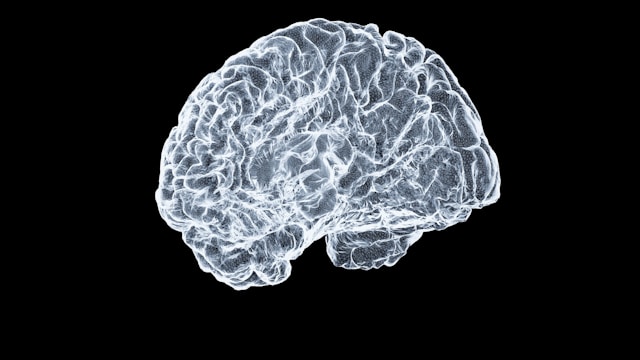


Brain fog is a term used to describe a state of mental confusion, reduced concentration, slow thinking, memory difficulties, and trouble making decisions.
A recent medical study has identified two blood biomarkers that could help explain the cognitive neurological symptoms experienced by long COVID patients—most notably, what is commonly referred to as brain fog, as well as difficulties with memory and focus.
Brain fog describes a condition marked by mental cloudiness, trouble concentrating, slowed thinking, forgetfulness, and impaired decision-making. It frequently accompanies long COVID cases and can significantly affect daily performance—even when standard medical tests fail to detect clear indicators.
The study was published just days ago in the journal PLOS ONE and was led by Dr. Michael Lawrence from Corewell Health in Michigan, USA. It is the first of its kind to compare inflammatory markers and neuro-stress responses between individuals suffering from long COVID symptoms and those who have fully recovered from the virus.
Persistent Symptoms
Researchers estimate that 10 to 30 percent of 100,000 COVID-19 patients in the United States have not fully recovered, instead developing persistent symptoms known as long COVID. These include severe fatigue, brain fog, and difficulty with memory and decision-making.
In an exclusive interview with An-Nahar, Dr. Lawrence stated:
“Many patients describe their thinking as slower and heavier, even though they are able to perform daily tasks. This aligns with the biological changes we observed in their blood tests.”
He explained that it is common for cognitive tests to yield normal or near-normal results, while patients still experience significant challenges with thinking and concentration in their everyday lives. He believes this discrepancy is often caused by factors such as chronic physical fatigue or psychological stress—factors that traditional tests may not easily detect.
Key Biological Markers
Professor Bengt Arnetz, a co-author of the study, told An-Nahar that the research team was able to detect objective and measurable changes in the biomarkers of long COVID patients compared to those who had fully recovered. These changes were also linked to noticeable differences in emotional and psychological well-being and overall quality of life.
The study included a small sample of 17 participants: 10 with long COVID symptoms and 7 who had completely recovered. While memory and attention tests did not show major differences, the long COVID group performed worse on a verbal fluency test and reported a lower quality of life—both mentally and physically.
Researchers found that levels of nerve growth factor (NGF)—a protein that reflects the brain’s ability to adapt—were significantly lower in the long COVID group. In contrast, levels of interleukin-10 (IL-10)—a known marker of inflammation—were elevated.
Professor Arnetz noted that these findings provide physicians with additional tools to better understand and accurately assess patients’ experiences. They also allow for clearer tracking of treatment effectiveness. He emphasized that the study could pave the way for healthcare systems to improve their response to the millions of people worldwide still suffering the aftermath of COVID-19.
The research team hopes to expand the study in the future to include a larger sample size and conduct tests on potential therapeutic interventions. Dr. Arnetz emphasized that “there is growing interest among long COVID patients to participate in treatment trials, due to the severe impact these lingering symptoms have on their lives.”
As for therapeutic value, Dr. Lawrence stated:
“Introducing blood tests to detect biomarkers early after COVID infection could help identify patients at risk of developing chronic symptoms, allowing for the timely provision of comprehensive care that includes physical therapy, cognitive rehabilitation, and psychological support.”
He added:
“This approach could be especially beneficial in resource-limited countries, as it may shorten the duration of illness, enhance patients’ ability to work, and reduce the economic and social burdens caused by long COVID.”
Source: Al Nahar Newspaper